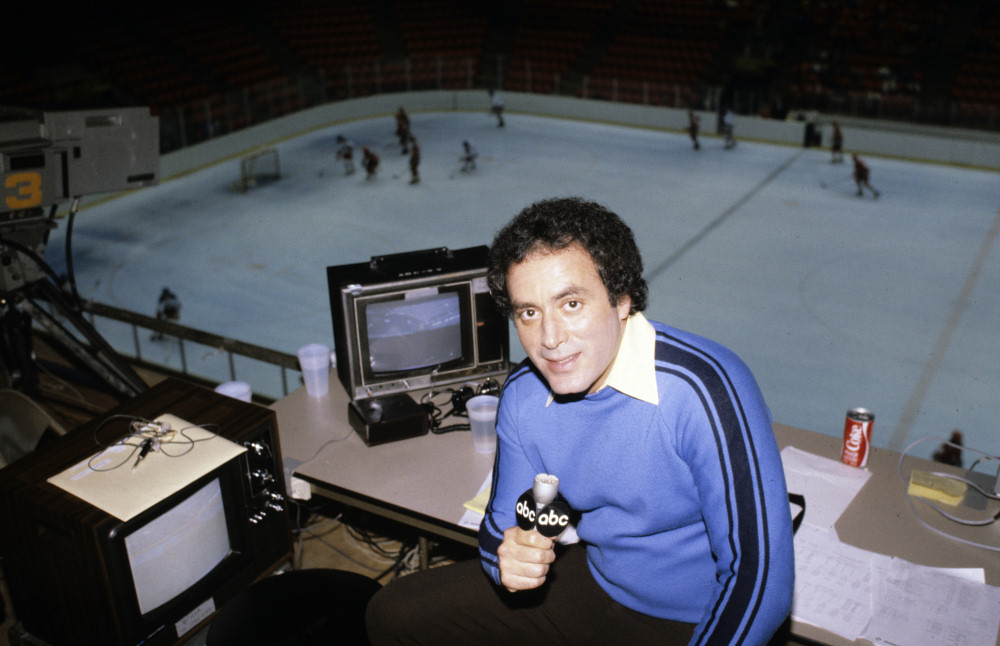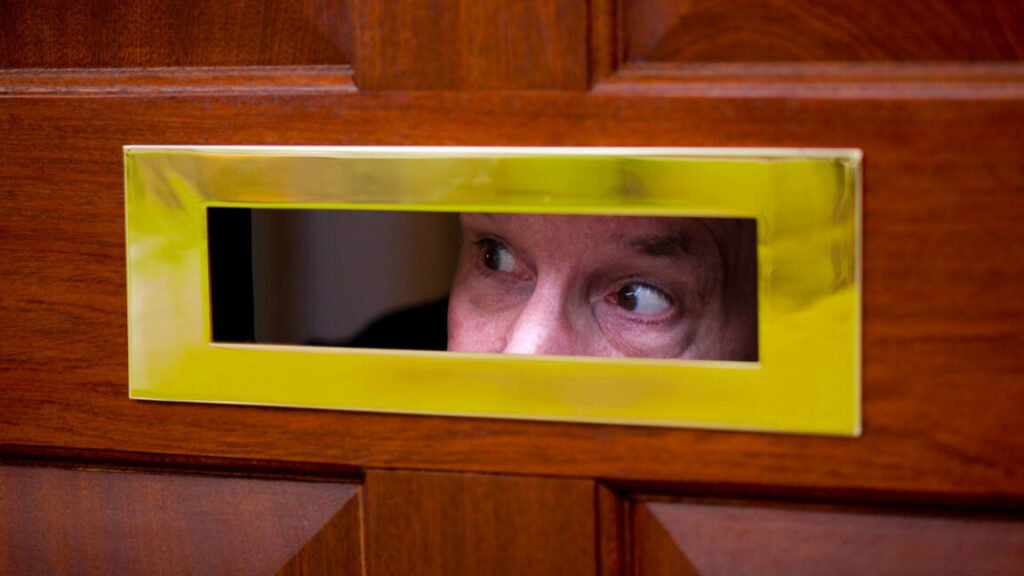NBC estimates that the system could generate nearly 7 million personalized variants of the recaps across the US during the games, pulled from the network’s 5,000 hours of live coverage. Using the system, each Peacock user will receive about 10 minutes of personalized highlights.
A diminished role for humans in the future?

Credit:
Getty Images
It’s no secret that while AI is wildly hyped right now, it’s also controversial among some. Upon hearing the NBC announcement, critics of AI technology reacted strongly. “@NBCSports, this is gross,” tweeted actress and filmmaker Justine Bateman, who frequently uses X to criticize technologies that might replace human writers or performers in the future.
A thread of similar responses from X users reacting to the sample video provided above included criticisms such as, “Sounds pretty off when it’s just the same tone for every single word.” Another user wrote, “It just sounds so unnatural. No one talks like that.”
The technology will not replace NBC’s regular human sports commentators during this year’s Olympics coverage, and like other forms of AI, it leans heavily on existing human work by analyzing and regurgitating human-created content in the form of captions pulled from NBC footage.
Looking down the line, due to AI media cloning technologies like voice, video, and image synthesis, today’s celebrities may be able to attain a form of media immortality that allows new iterations of their likenesses to persist through the generations, potentially earning licensing fees for whoever holds the rights.
We’ve already seen it with James Earl Jones playing Darth Vader’s voice, and the trend will likely continue with other celebrity voices, provided the money is right. Eventually, it may extend to famous musicians through music synthesis and famous actors in video-synthesis applications as well.
The possibility of being muscled out by AI replicas factored heavily into a Hollywood actors’ strike last year, with SAG-AFTRA union President Fran Drescher saying, “If we don’t stand tall right now, we are all going to be in trouble. We are all going to be in jeopardy of being replaced by machines.”
For companies that like to monetize media properties for as long as possible, AI may provide a way to maintain a media legacy through automation. But future human performers may have to compete against all of the greatest performers of the past, rendered through AI, to break out and forge a new career—provided there will be room for human performers at all.
“Al Michaels became Al Michaels because he was brought in to replace people who died, or retired, or moved on,” tweeted a writer named Geonn Cannon on X. “If he can’t do the job anymore, it’s time to let the next Al Michaels have a shot at it instead of just planting a code-generated ghoul in an empty chair.“




